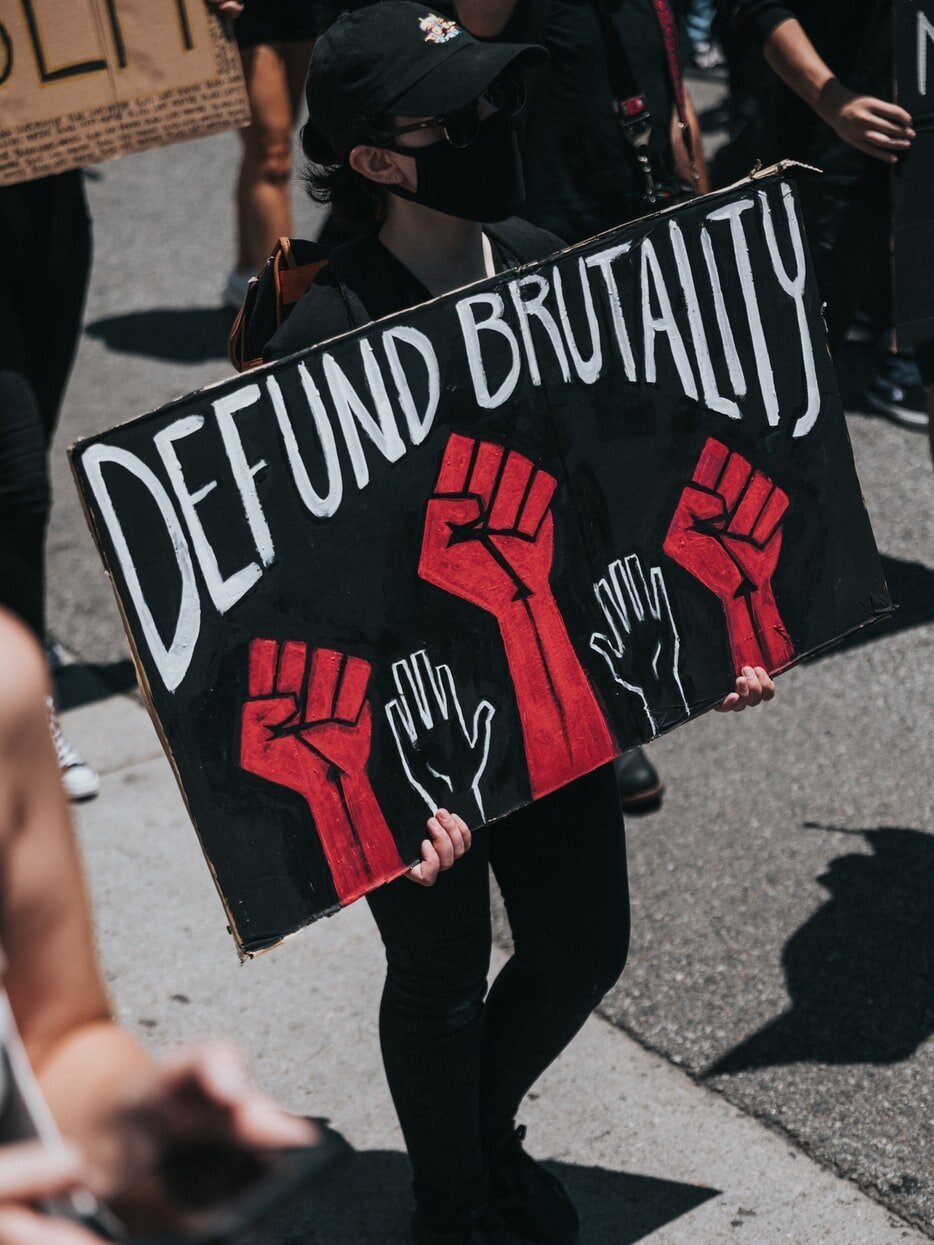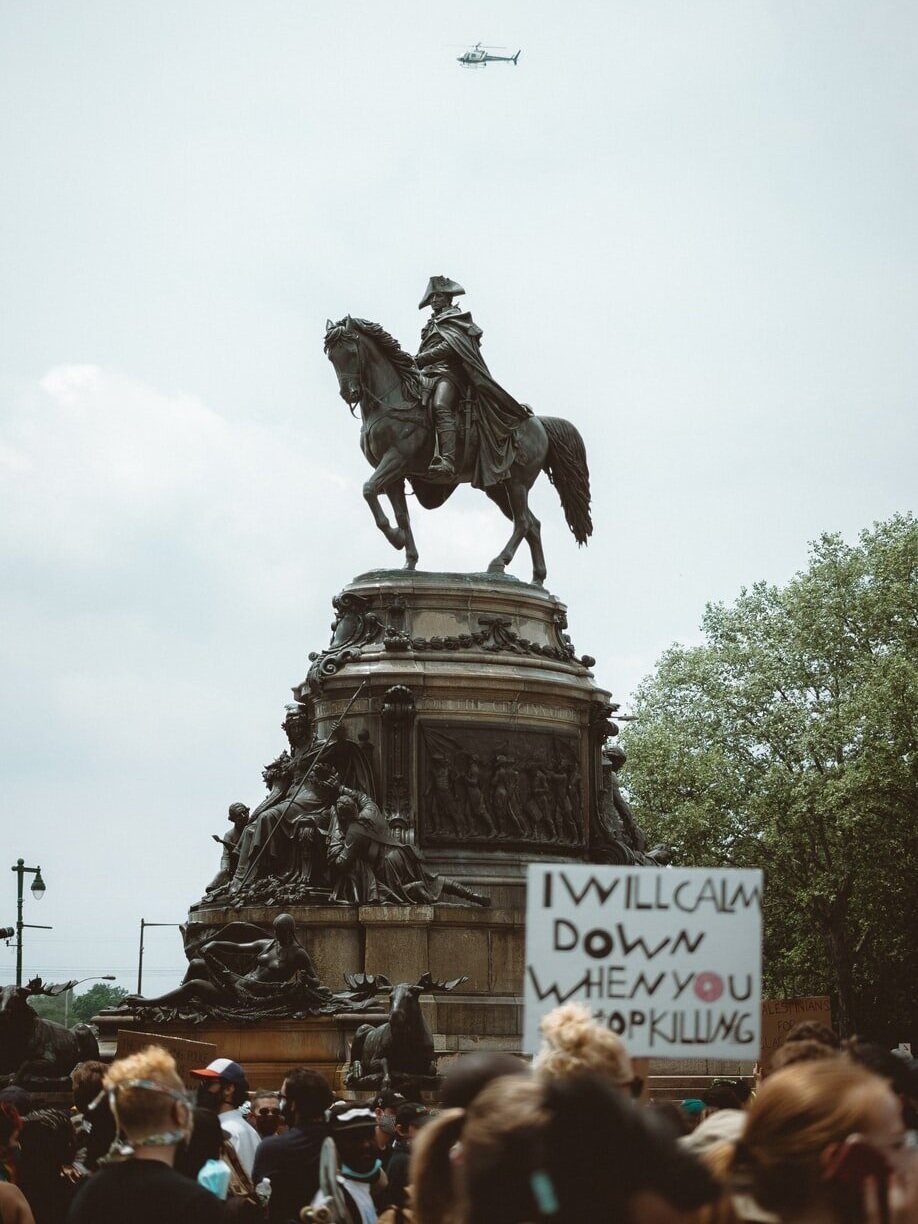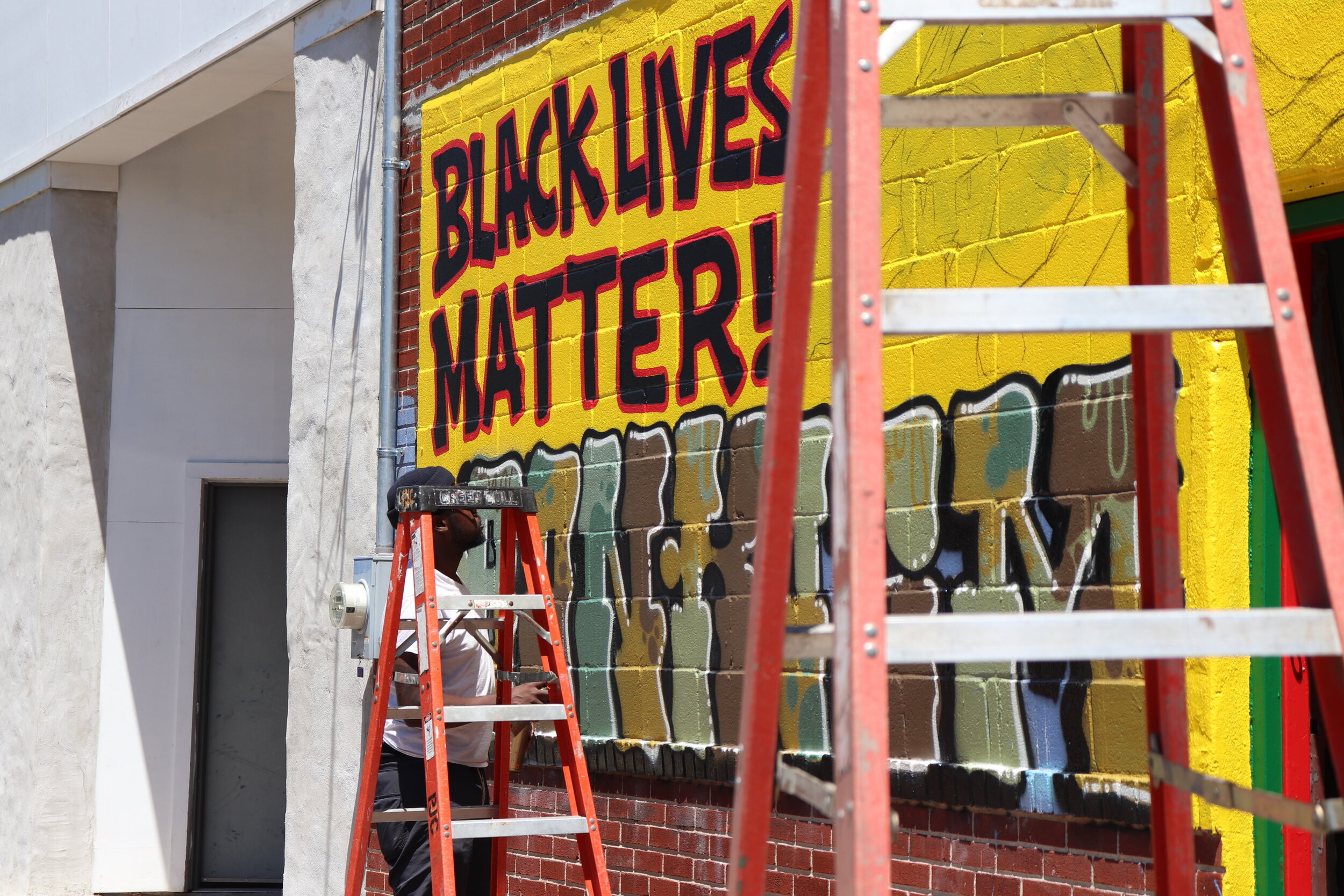Photograph courtesy of Unsplash.com
By: Maddie Clark
Much of the United States is wary and quite uncertain of what it would actually mean to defund the police. But according to Nicholas O’Rourke, organizing director of Philadelphia’s Working Families Party: “It’s less about harming the police and more about investing in our community.”
His party, which advocates for the city’s working-class and poor communities, is firmly behind the movement to defund police departments in response to the recent killings of Black Americans such as Breonna Taylor, George Floyd and Rayshard Brooks.
Kris Henderson, the executive director of the West Philly-based Amistad Law Project, explains the movement as a figurative solution to the problem at hand.
“It’s symbolic that we are trying to take away power from this thing that’s harming us and reallocating it,” Henderson (they/them) says.
Paraphrasing the popular quote by Ruth Wilson Gilmore, Henderson says that abolition is not an absence of presence. In other words, defunding the police does not mean that they will disappear from society altogether. Rather, part of the Philadelphia Police Department’s more than $725 million in annual funds would be reallocated to other community programs.
Aware that during Mayor Kenney’s term, the PPD’s budget grew by 30%, the Amistad Law Project petitioned the city to cut that $120 million increase and reallocate it back into the community through programs outside the PPD earlier this month.
“What are the things we could’ve spent money on?” asks Henderson, saying that some of the PPD’s budget should be reinvested into the crucial city services like public libraries and parks, the Office of Arts, Culture and the Creative Economy, and violence prevention programs, among many others.
On June 18, however, this petition was rejected—an action that Henderson says fails to acknowledge the fact that the police are not actually preventing violence.
Photograph courtesy of Unsplash.com
“Anyone who lives in a city desires safety and to not worry about harm or violence,” Henderson says. “I do not feel safe.”
If anything, Henderson, says, there needs to be less surveillance. An opinion supported by a study conducted by the NY Times earlier this month, that examined publicly available policing data from Sacramento California, Montgomery County Maryland, and New Orleans Louisiana. According to the analysis, violent crime comprises an average of 4% of the calls received by police departments. In those same three cities, responses to non-criminal reports made up 32%-37% of calls for police.
“Police are not actually preventing violence,” says Henderson.
Because many police interactions involve people with mental health issues, Henderson believes that it would be more efficient and effective to have social workers or other mental health professionals to come to deescalate certain situations rather than having an armed officer at the scene.
There needs to be a deeper understanding of trauma and de-escalation versus us increasing police presence, says Henderson.
Photograph courtesy of Unsplash.com
In the short term, both the Working Families Party’s O’Rourke and Henderson agree that less police would lead to fewer people locked up for low-level offenses and fewer people being stopped and frisked on the street, two things that Black people and other people of color are constantly plagued by in America’s racial caste system.
In the long term, Henderson hopes that the city will look towards the bigger picture when it comes to safety. Rather than putting a Band-Aid on a bullet hole and calling the police whenever a disturbance occurs, the injury to the American systems and institutions need to be treated from the top down, they say.
Although Henderson has remained dedicated to the defunding of the police movement, not only through their personal life but their professional life with ALP, they worry that the narrative is going to be defunding police will make communities under threat less able to protect themselves.
“Our job is to explain that that’s not the case,” Henderson says. “This is a system that’s not working.”
For more information on the Amistad Law Project and Working Families or how to get involved in the call to defund the police, visit https://amistadlaw.org and https://workingfamilies.org.












